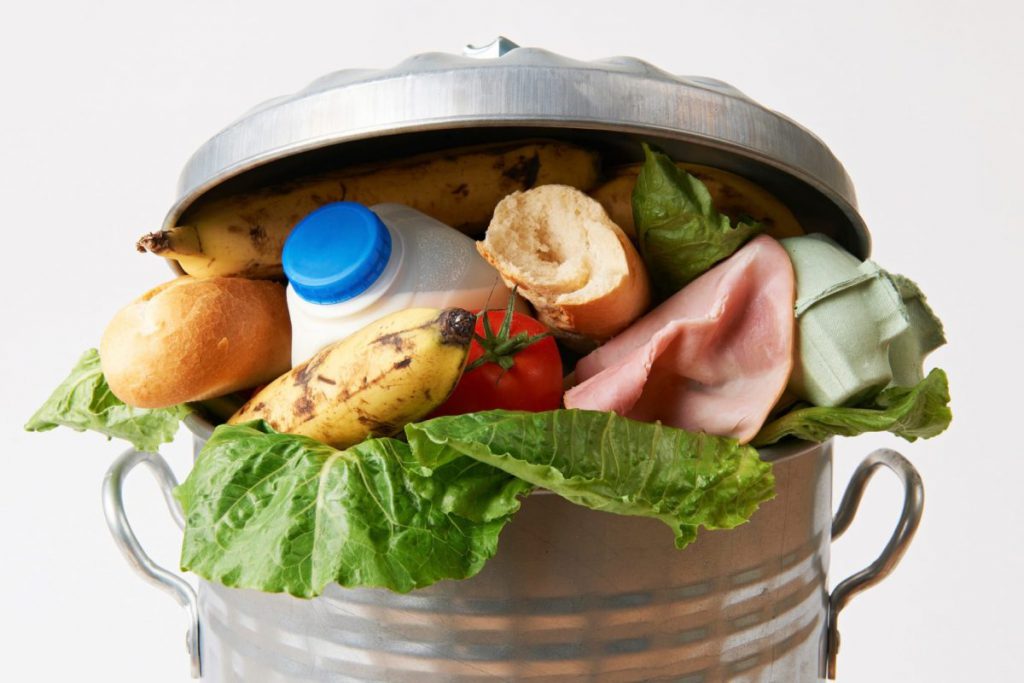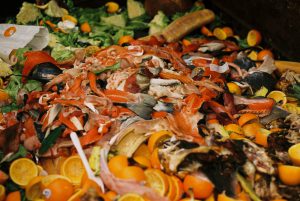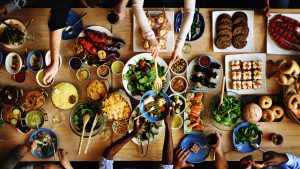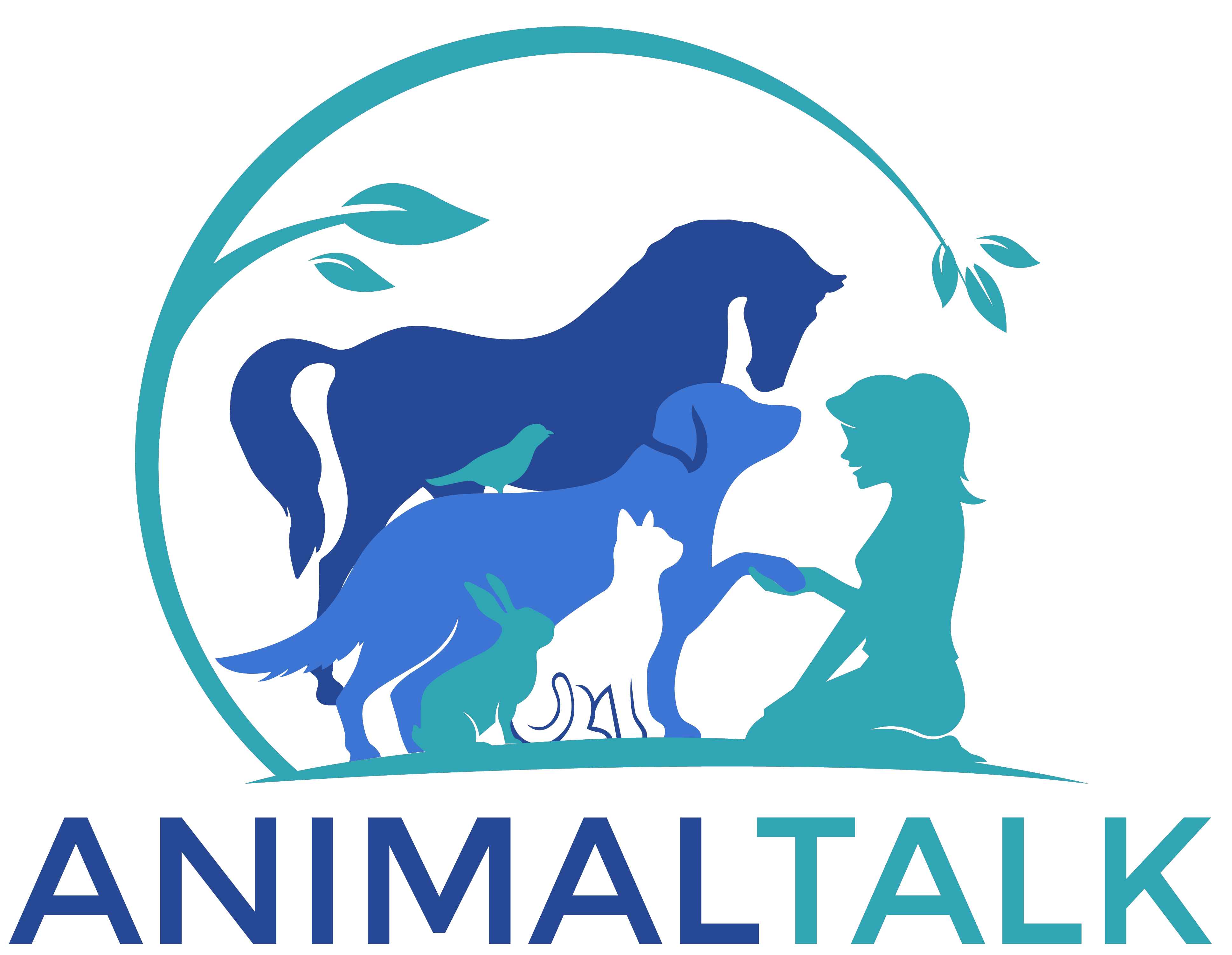No products in the cart.

[vc_row][vc_column][vc_column_text]This month I would like to bring up a point about the way we utilise our food. How and where we source our fruit, vegetables, meat and fish. We understand that the planet cannot convert the world’s population to vegan overnight; but we do believe that educating people will open their minds to the idea of recognising animals as sentient beings, and treating them accordingly. So we need to look seriously at whether we are utilising our food resources correctly and sustainably, not just at home but on a world scale.
Most of us purchase our groceries in the supermarket, getting our ingredients for what we predict we will eat during the week. Then we come to that time of the week where we throw out all unused foods that has spoiled and we can no longer eat. Have you ever stopped to notice how much food you throw away? If we summed up all the food together that everyone throws out weekly, all that plant and animal life could feed the world over. I am not an exception either, I carrry out the same routine each week too. But this week, I looked at a bunch of overripe bananas in my hand and said to myself ‘A lot of water, sunshine and effort went into growing these bananas and now they are going to waste. What could I do next time to prevent that happening again?’ Now I plan exactly what I need each day and buy nothing more. I make sure I consume everything and nothing is wasted. I mean what happens to all the fresh produce left over in supermarkets, restaurants, Deli’s, bakeries, butcher’s etc. We know it has use by dates and they are not reached. Do they feed starving people, given away to anyone or just thrown away. I think we know where most goes! It is a disgraceful waste in our all so, convenient society. Have we been born and bred into this way of being and are we bringing up our children into this practice?
There is also the food wastage for pure entertainment. I am of course referring to all the cooking shows we have on TV. Contestants are challenged with a dish they are required to make for the judge’s tasting. For example, an intricate salmon recipe which requires the precise slicing of fillets. The contestants take this amazing specimen of Salmon, slap it on a bench in a massive hurry as they have time constraints and proceed to dissect it’s flesh. While cutting a portion, they realise that it will not meet the judges’ expectations and toss the whole fish into the bin! So there is actually nothing wrong with the fish, but it is mindlessly tossed. Do they not realise that fish was living its own life and contributing to its own ecosystem in the ocean, before it ended up in the kitchen. That fish’s life has now been taken in vain, with no thought at all. They then take a second fish, cut out their perfect portion and disregard the rest of that fish. Are you kidding me? It gets THROWN out. That fish, has been captured killed, which one would think would be more than enough to endure, but now tossed aside with no thought at all. If this is just for our entertainment, then we humans have failed miserably to live up to our status of rational intelligence. When did we become so greedy, so senseless? When did we become so flippant about killing other beings and exploiting both the plant and animal kingdom? This is not only creating unsustainable living on our planet, but needs to be a wake up call for our morals and ethics.

Did you know that the Native American tribes and Aboriginal Australian tribes would source food based on environment sustainabilty by season and availability and have the ultimate respect for another living being? In Native American tribes, when they went hunting, they would approach each animal as an equal, and telepathically ask ‘May I partake in your flesh?’ if the animal said yes, they would kill them swiftly and without suffering. They would honour that animal’s life, and use every part of their body so it was not wasted. If the animal said no, the hunters would move on until they found an animal who was willing to partake in the exchange of energy. The animals on this planet understand the energy exchange of one being consuming another. It is natural and it is a part of being on this planet, but of course it must be used wisely. Now that is an honourable way to live!
 In Aboriginal tribes, they watch the eagles when it is time to hunt fish. The tribes do not hunt the fish until the eagle does. The elders told me that the eagle knows when the breeder fish come through the river, and they let those fish pass unharmed, and only eat the ones that follow. This sustains the current population of fish and creates a supply for the future. They follow what nature shows them and there will always be enough for all. It is so simple, yet a clever way of sustainability. Would it not be wise for us to follow the example of these animals and Indigenous tribes? Of course, the answer is yes. But we want everything at our fingertips and not prepared to put in a bit of hard work for our planet and the survival of all species including our own. Do you honestly think we will not in the future have diminishing supplies as the population grows?
In Aboriginal tribes, they watch the eagles when it is time to hunt fish. The tribes do not hunt the fish until the eagle does. The elders told me that the eagle knows when the breeder fish come through the river, and they let those fish pass unharmed, and only eat the ones that follow. This sustains the current population of fish and creates a supply for the future. They follow what nature shows them and there will always be enough for all. It is so simple, yet a clever way of sustainability. Would it not be wise for us to follow the example of these animals and Indigenous tribes? Of course, the answer is yes. But we want everything at our fingertips and not prepared to put in a bit of hard work for our planet and the survival of all species including our own. Do you honestly think we will not in the future have diminishing supplies as the population grows?
We as humans have become over greedy, living off a fear of not having enough at any one time, and yet we are causing this depletion. That came from the days when we were having to hunt for our food, which of course no longer exists. Maybe that is why when there is a public holiday people are buying up as though we are buying for the whole winter.. We need to create a new approach to food wastage.

So now that you have thought about this, how will you improve your food usage at home? Creating change in our world starts with ourselves. Maybe you can meal plan before you go to the supermarket, so you choose only the ingredients you need for the week. Or go more often so you don’t over anticipate. If you have excess ingredients or a lot of leftovers, why not give them to your neighbour or work colleagues, or those in need? Sharing within your community will create a great system of food sustainability and encourage others to reduce their wastage. It is through simple triggers such as looking at a bunch of overripe bananas that can help move our planet towards a more peaceful and sustainable future where animals and plant life are honoured and respected before being consumed. Appreciate that they have given their life for you. They can’t get their life back but you can use the energy of that sustenance to achieve big things for them and all species. All it takes is awareness and people to spread that change.[/vc_column_text][/vc_column][/vc_row]
